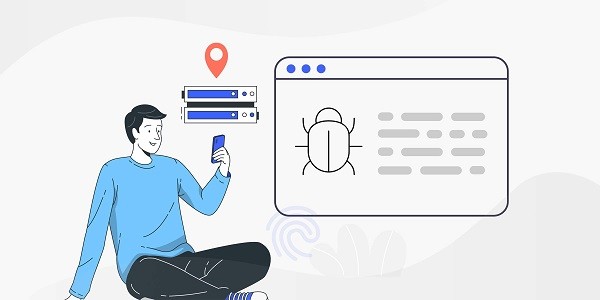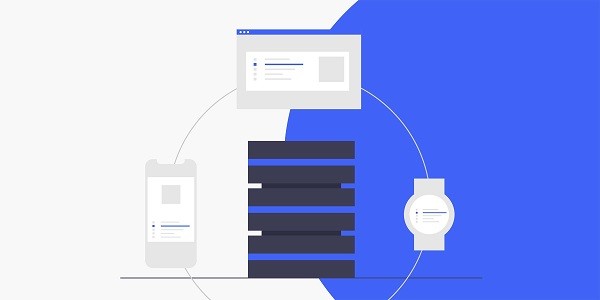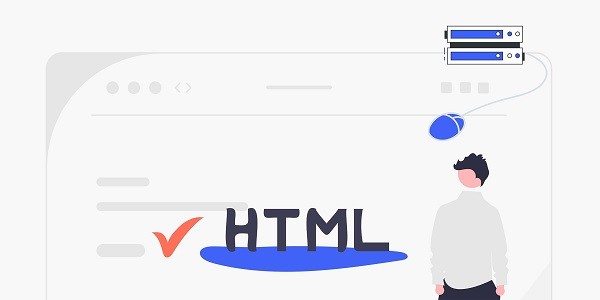Discuss the core functions and privacy protection mechanism of Karma browser extension, analyze how proxy IP can improve its data collection efficiency, and IP2world provides an adaptive proxy solution to support anonymization operation. What is the Karma browser extension?The Karma browser extension is a tool focused on privacy protection and data management. It helps users reduce their digital footprint by blocking tracking scripts, managing cookies, and controlling website permissions. Its core value lies in balancing user privacy and network data collection needs, such as allowing specific websites to function normally while blocking ad trackers. For companies or developers who need to collect public data in batches, how to balance anonymity and operational efficiency becomes a key challenge.IP2world's proxy IP service is naturally complementary to Karma extension. Through dynamic residential proxy or static ISP proxy, users can further hide their real IP and avoid triggering website anti-crawling mechanism due to high-frequency operation, thereby improving the sustainability of data collection. How do Karma extensions improve privacy protection?Karma achieves privacy enhancement through multiple layers of technology: script filters can prevent third-party tracking code from loading; permission sandboxes restrict websites from obtaining device information; and traffic encryption prevents data from being intercepted during transmission. Although these mechanisms can effectively reduce the risk of user exposure, in large-scale data collection scenarios, the anonymity of a single device may still be compromised due to IP exposure.At this point, the role of proxy IP becomes prominent. For example, IP2world's dynamic residential proxy can simulate the real user's geographic location and network environment, forming a double protection with Karma's local privacy function. When the extension tool cleans up the browser fingerprint, the continuous rotation of the dynamic IP can further confuse the unique identification of the data source. How does a static ISP proxy optimize the stability of the Karma extension?Static ISP proxies provide fixed IP addresses and carrier-grade network stability, and are particularly suitable for tasks that require long session maintenance. When using the Karma extension to perform operations that require logging into an account (such as social media monitoring or e-commerce price tracking), static IPs can avoid account abnormality alerts caused by frequent IP changes. At the same time, the low latency characteristics of ISP proxies can reduce page loading waiting time and improve data collection efficiency.IP2world's static ISP proxy supports on-demand selection of geographic locations, and users can match the mainstream access area of the target website. For example, when collecting local news in a certain area, the fixed IP and the regional language settings of the Karma extension work together to significantly reduce the probability of being identified as machine traffic. How do unlimited servers support long-term data collection?For automated collection projects that need to run 24/7, the coordination of server resources and proxy IPs is crucial. Unlimited servers provide continuous computing power and storage space, while proxy IP pools ensure the diversity of request sources. When the Karma extension is deployed on the server side, in conjunction with IP2world's exclusive data center proxy, users can achieve multi-threaded concurrent operations, with each thread independently using different IPs and browser instances.This architecture is particularly suitable for scenarios that require processing dynamic content. For example, when crawling a page rendered by JavaScript, the server can allocate an independent IP to start a browser instance, use the Karma extension to clean up environmental traces before performing rendering operations, which can both ensure data integrity and control hardware resource consumption. How does S5 proxy enhance the security of Karma extensions?S5 proxy (SOCKS5) provides an additional layer of security for Karma extensions by encrypting the transmission channel and protocol-level anonymity. When the extension tool handles sensitive data (such as financial information or medical records), S5 proxy prevents network eavesdropping and man-in-the-middle attacks. In addition, the SOCKS5 protocol supports UDP and TCP traffic forwarding, which can better be compatible with the advanced function modules of Karma extensions.IP2world's S5 proxy supports authentication and IPv6 connections, allowing users to build their own private proxy network. For example, in a multinational corporate compliance review scenario, the audit team can chain multiple intermediate nodes through the S5 proxy, combined with Karma's extended local data desensitization function, to ensure that the audit process meets privacy regulations and maintains operational transparency. ConclusionThe Karma browser extension has established a new balance between privacy protection and data collection efficiency, and the reasonable configuration of proxy IP can further unleash its potential. As a professional proxy IP service provider, IP2world provides a variety of high-quality proxy IP products, including dynamic residential proxies, static ISP proxies, exclusive data center proxies, S5 proxies and unlimited servers, suitable for a variety of application scenarios. If you are looking for a reliable proxy IP service, please visit the IP2world official website for more details.
2025-04-07









